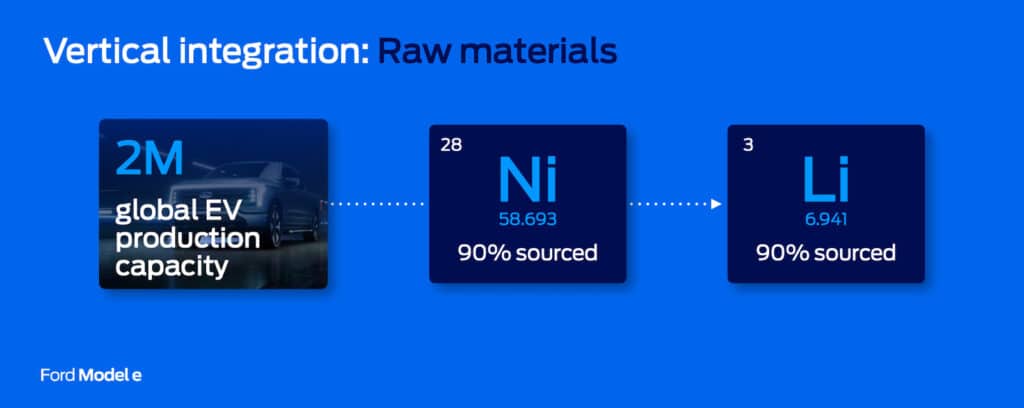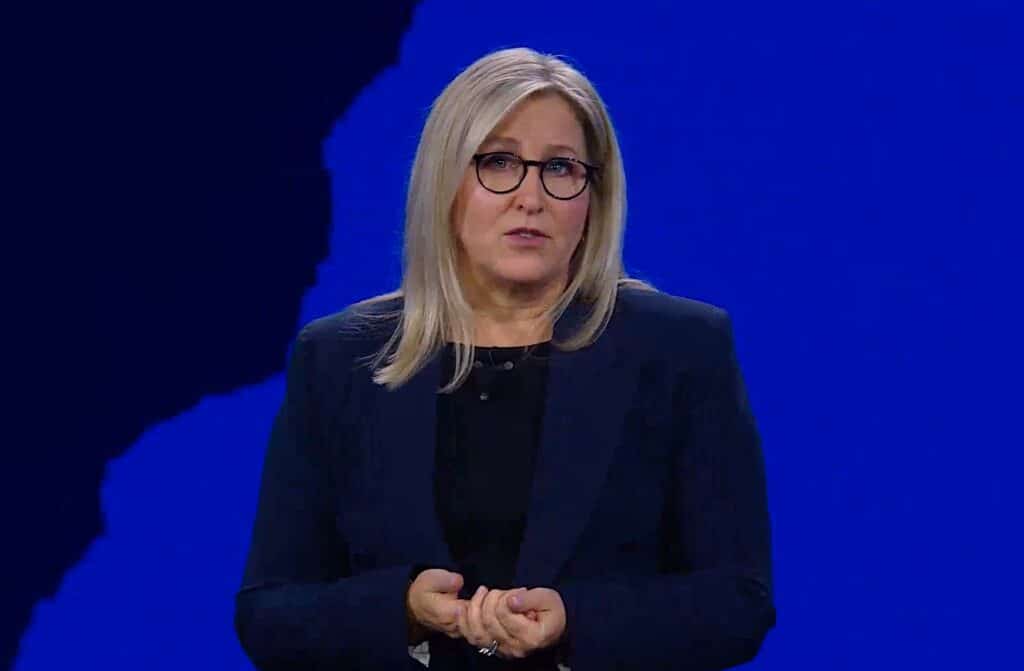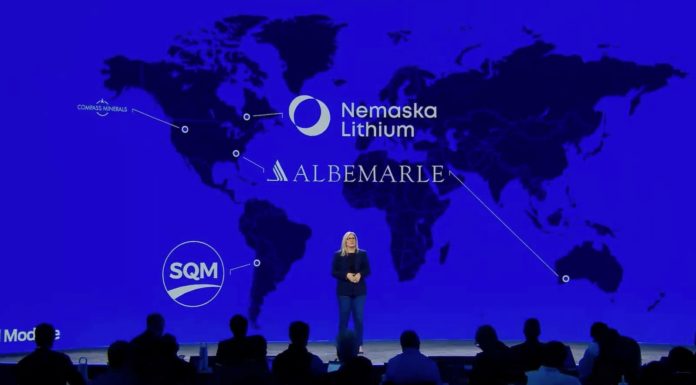Bigger batteries don’t mean better electric vehicles, Ford executives noted as they outlined the company’s future during the company’s “Investors Day” in Dearborn this week.
Lisa Drake, the vice president in charge EV industrialization, noted, “Battery capacity is expensive, and you don’t want to use it inefficiently.”
Efficiency key to controlling EV costs
The fundamental message around battery capacity and efficiency is being driven down into the company so engineers and designers working on new vehicles understand one of the basic economic dimensions of the transition to electric vehicles, she said.
The goal is to produce smaller batteries with the equivalent performance of the larger batteries, according to Drake, who added Ford is moving to ensure it has better control over the other elements of their EV powertrains, including inverters and electric motors.
Ford’s next generation of electric vehicles will use a lithium iron phosphate chemistry the company says will be more durable, faster charging, and more affordable than its current line-up of EVs. Ford is planning to make lithium iron phosphate batteries at the new plant it is building in western Michigan, which it expects to be in operation by 2026.
The new battery plant will be operated by a Ford subsidiary and will use processes licensed to Ford by a Chinese company, CATL.

Ford also announced an array of new agreements with material suppliers during the event. Under the agreements, Ford will receive lithium carbonate, which is one of the basic materials needed to manufacture lithium iron phosphate batteries, Drake said.
Lithium suppliers lined up
“We are proud to work with Nemaska Lithium and its partners, Livent and Investissement Québec,” Drake added. The Nemaska Lithium project will be a sustainable source of lithium, supporting Ford’s ability to scale and helping us make EVs more accessible and affordable.
Ford also tapped another company, Albemarle, to supply “more than 100,000 metric tons of battery-grade lithium hydroxide” for approximately 3 million future Ford EV batteries. The agreement with Abermarle is due to commence in 2026 and run through 2030.

“Working with strong global collaborators such as Albemarle, which has well-established operations and a proven track record of scaling facilities, helps us fortify and de-risk our plans for sourcing the key minerals we need to make EVs more accessible for our customers longer term,” Drake said.
Ford also announced an agreement with EnergySource Minerals, a California-based supplier to provide “sustainably produced lithium” from sources in the United States.
Another domestic supplier, Compass Minerals signed a binding agreement with Ford to provide the automaker with battery-grade lithium carbonate from its Ogden, Utah-based lithium brine development project. Under the terms, Compass Minerals will deliver up to 40% of its planned, phase-one battery-grade lithium carbonate to Ford for a five-year term once production begins.
Drake said the new agreement ensure has an ample supply of lithium as ramps up production of batteries and electric vehicles over the next several years.For

